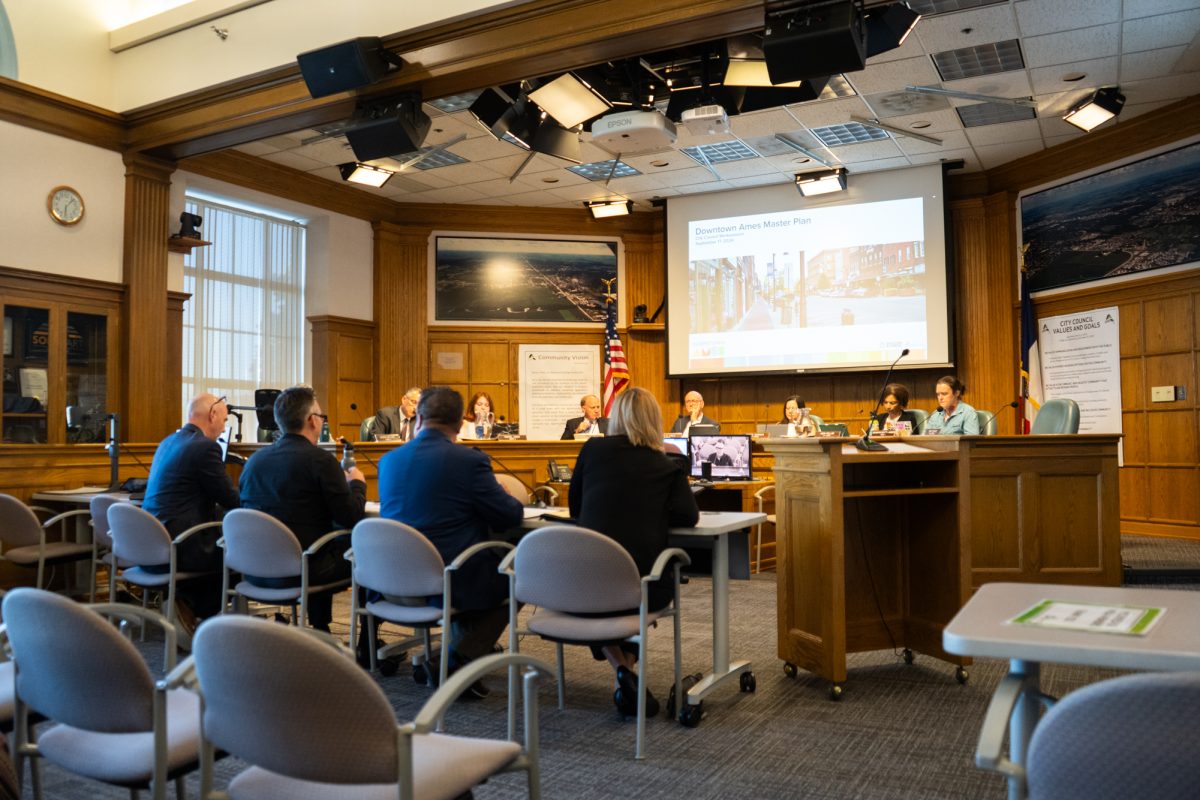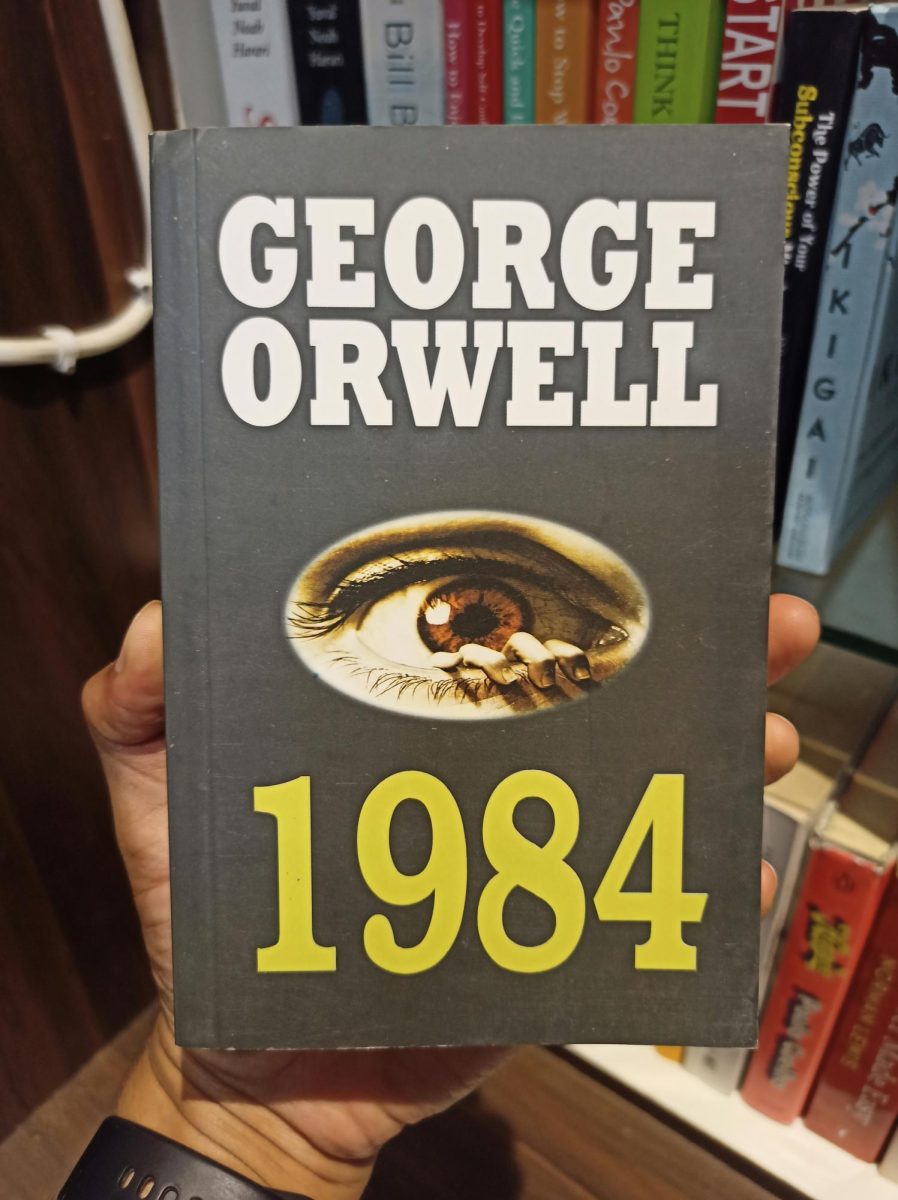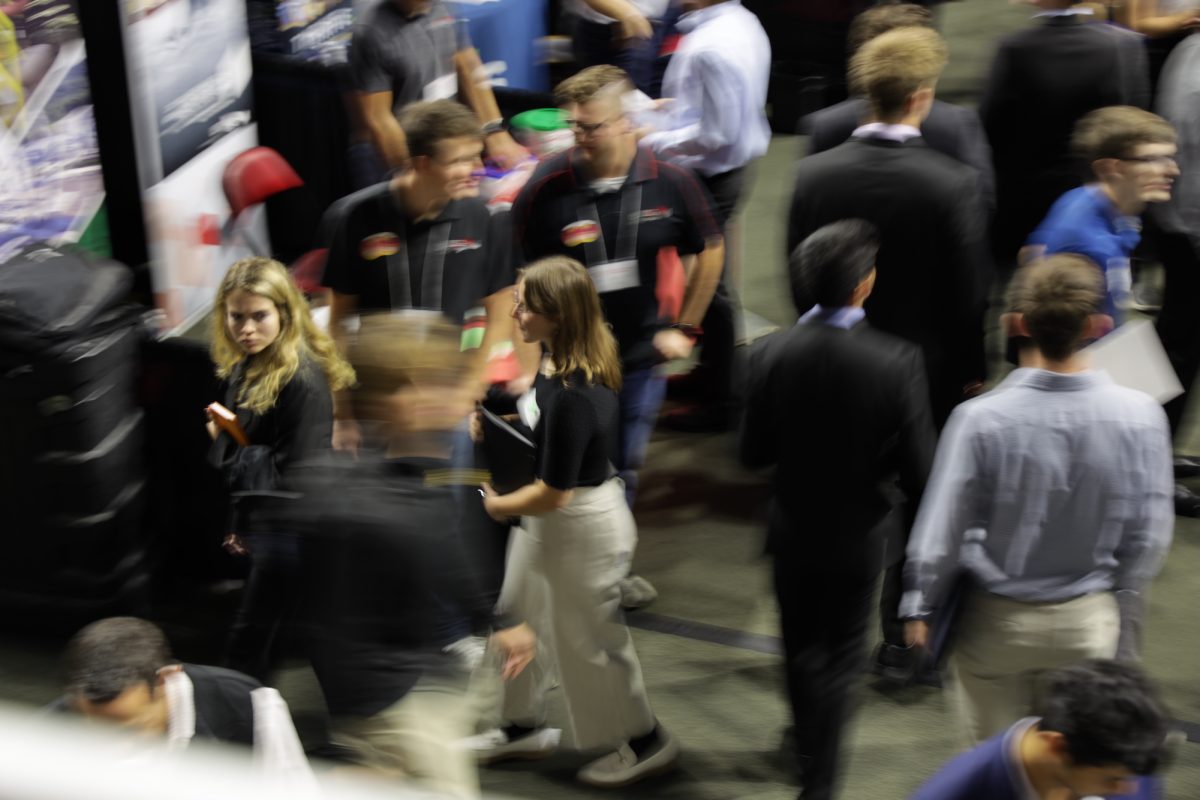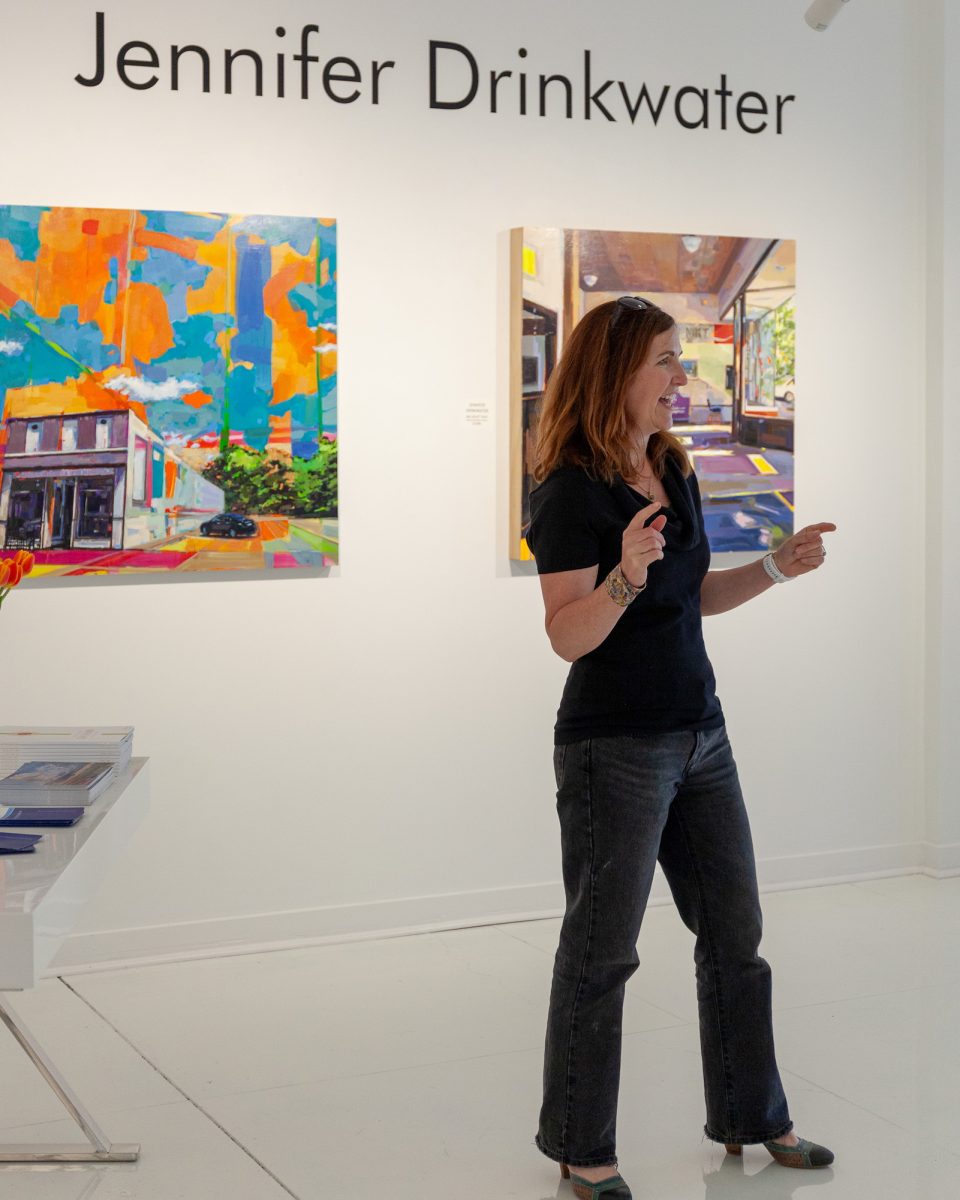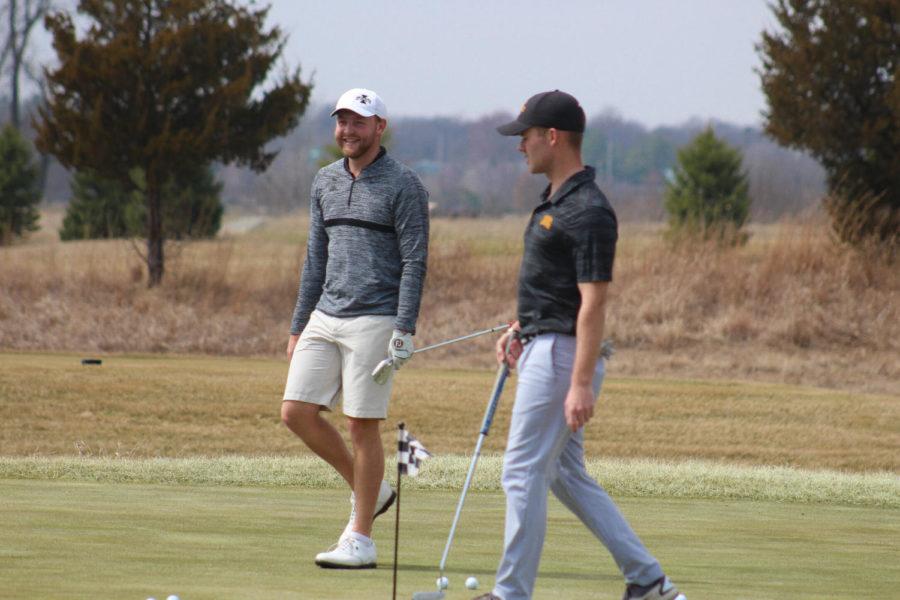ActivUs asks ISU students to register in city election
October 18, 2005
With the registration deadline for the Nov. 8 local election fast approaching, a student voting advocacy group is trying to register 1,000 students by Oct. 28.
ActivUs, a student organization affiliated with New Voters Project during last year’s presidential election, is trying to get ISU students to vote in the upcoming mayoral and City Council elections by walking across campus and asking them to register.
“Generally, we don’t register to vote because no one asks us to,” said Mara Spooner, president of ActivUs. “If you have a peer coming out and asking, ‘Hey, have you registered to vote at your current address?’ you have that peer-to-peer contact.”
She said in order for students to be acknowledged by politicians, they need to vote.
“It’s kind of a cycle that politicians don’t pay attention to us because we don’t vote,” said Spooner, senior in anthropology. “And we don’t vote because politicians don’t pay attention to us. Something has to be done to break that cycle.”
She said ActivUs is getting funding from the Government of the Student Body after it lost access to funding from the New Voters Project.
“When New Voters Project was here, it was part of a national organization that was on campuses all over the country,” Spooner said. “Right now, New Voters Project is not in Iowa so we’re not able to draw from that national funding pool.”
Tony Borich, GSB design senator and ex-officio City Council student liaison, said part of GSB’s job is to educate students about elections and getting involved in encouraging them to vote.
“There’s been some discussion whether the government should be involved in endorsing candidates,” he said. “We’re trying to educate students and provide some information.”
Borich, senior in community and regional planning, said several issues, such as mall development, nuisance policies and occupancy ordinances affect students.
He said this election is an opportunity for students to have a say in the policies of the city and change them if they are unsatisfactory.
“Students have sometimes perceived the city has adopted positions that they don’t agree with,” he said. “If students got involved and participated in the election like they did last year during the presidential election, we would end up with a city government that is more representative of the whole community.”
Mary Mosiman, Story County auditor, said approximately 9,000, or 35 percent of people ages 18 to 24 voted in the 2004 general election, and only about 6 percent voted in the 2003 city election.
She said although it is a trend that, in general, fewer people vote in city elections, the number of nonstudent Ames residents who vote outnumber the student vote.
Regardless, Mosiman said she is hopeful there will a bigger turnout this year.
“In general, interest is lower for city races,” she said.
“Because of the dynamics throughout the last few years, I think people are paying attention and realizing that the city does affect them.”
Ames Mayor Ted Tedesco said students would be a major influence on city politics if they voted in larger numbers.
“They roughly represent about 50 percent of the community,” he said. “They could have an important and prominent effect.”
Tedesco said he wasn’t sure why students don’t vote, but speculated they don’t think they are part of the Ames community.
“I’m sure that they have other things on their mind and what they feel of importance,” he said. “I think they continue to feel that they are still maybe residents of their hometown.”


